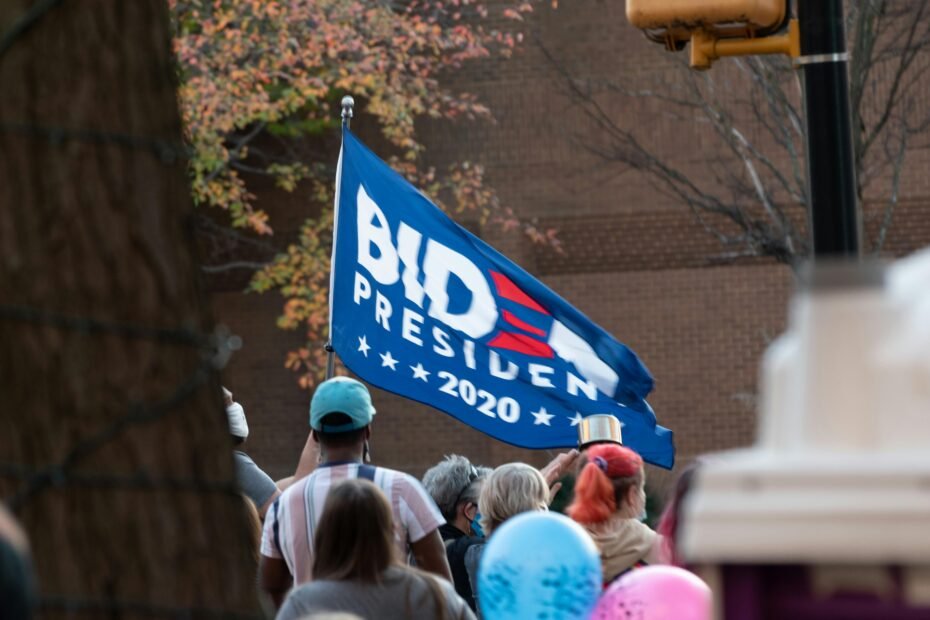Check out the latest Midnight Hostility Radio episode as Sam Namo looks at voters continuing to vote for old, past their prime politicians when there are younger candidates ready to go.
Introduction
In recent years, there has been significant discussion surrounding the age of elected officials in the United States, particularly regarding political age limits. With notable figures like Donald Trump and Joe Biden surpassing the age of 75 while in office, many are questioning whether a maximum age should be established for these positions. Historically, the average age of U.S. presidents has trended much younger. The topic of political age limits has emerged prominently in this dialogue.
Historical Context
When examining the ages of past presidents, it is interesting to note that leaders like George Washington and Thomas Jefferson were elected in their fifties. The founding fathers did consider age the basis for legislative experience; however, their primary concern revolved around younger individuals occupying power. The U.S. Constitution stipulates a minimum age to serve in the House (25), Senate (30), and as president (35), suggesting a belief in the importance of maturity and experience.
The issue of political age limits is not just about numbers; it reflects societal values regarding experience and vitality in leadership roles.
Understanding the implications of political age limits can help inform voters and shape future policies.
Current Perspectives
Ultimately, the argument for political age limits emphasizes the balance between youthful energy and seasoned wisdom in governance.
As we continue to debate political age limits, it is essential to recognize the diverse perspectives that shape this complex issue.
As our government ages, the perception of age and its impact on leadership ability is now at the forefront of public discourse. Advocates for maximum age limits argue that older officials may struggle to connect with younger generations and rapidly changing societal issues. Conversely, some believe that wisdom and experience, cultivated through years of life and service, are essential for effective governance and should be valued rather than constrained.
As society continues to evolve, the debate over the necessity of a maximum age for elected officials raises vital questions about representation and competency in government leadership. The discussion is likely to persist as demographics shift and new generations seek representation that resonates with their values and concerns.
